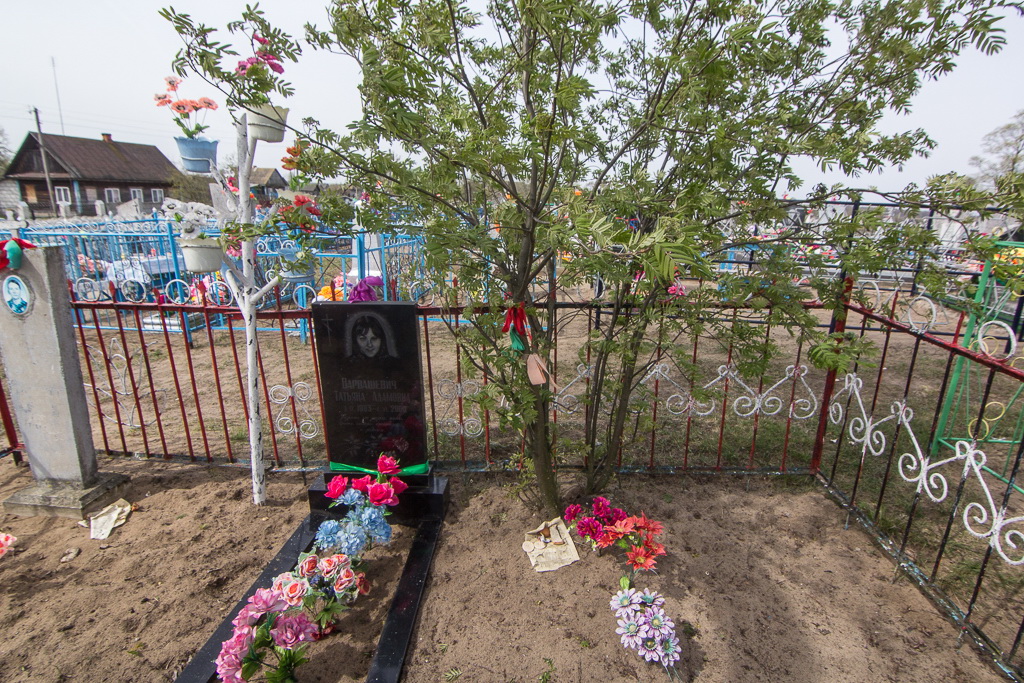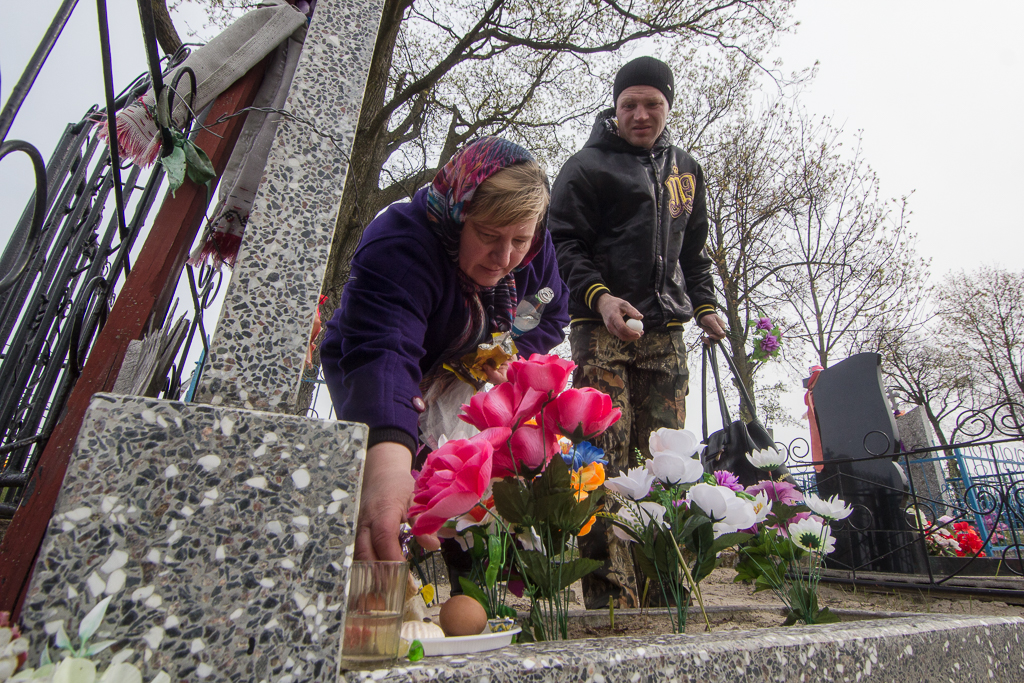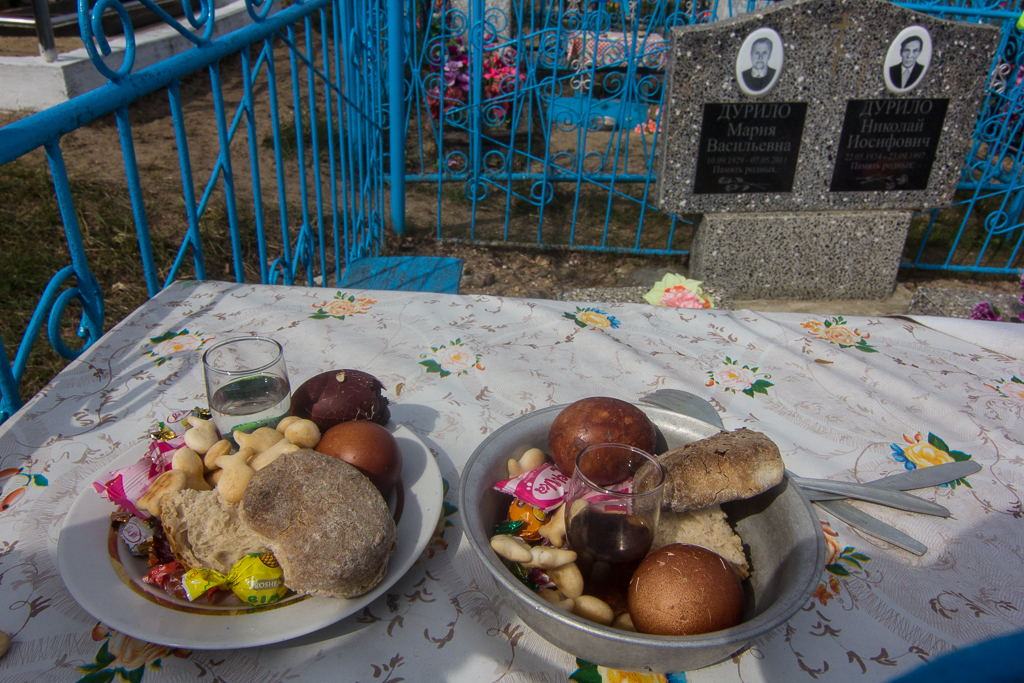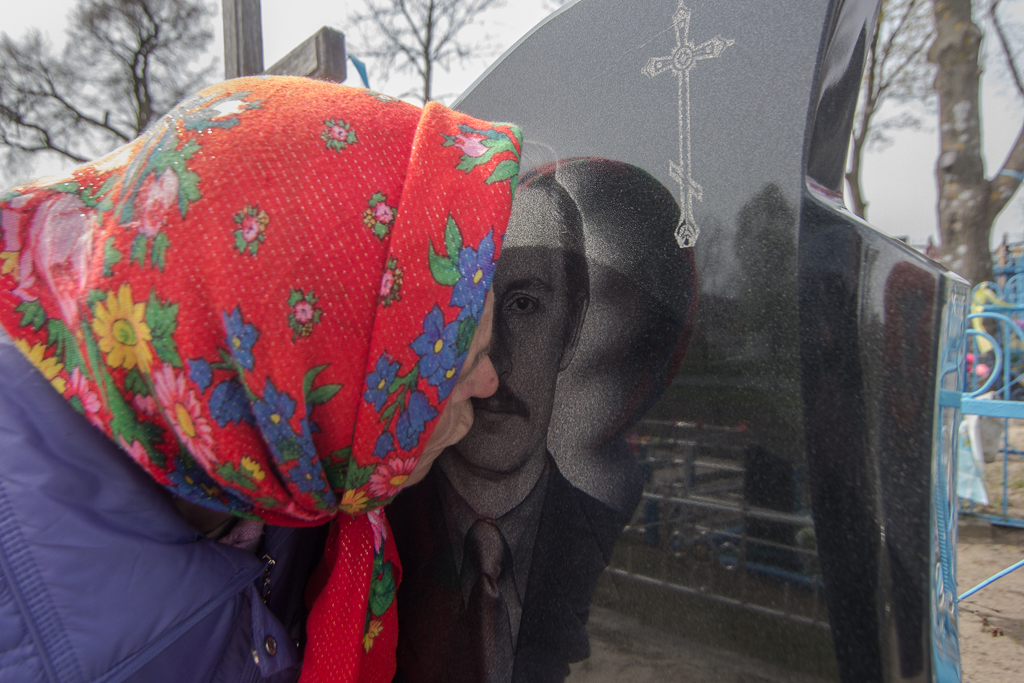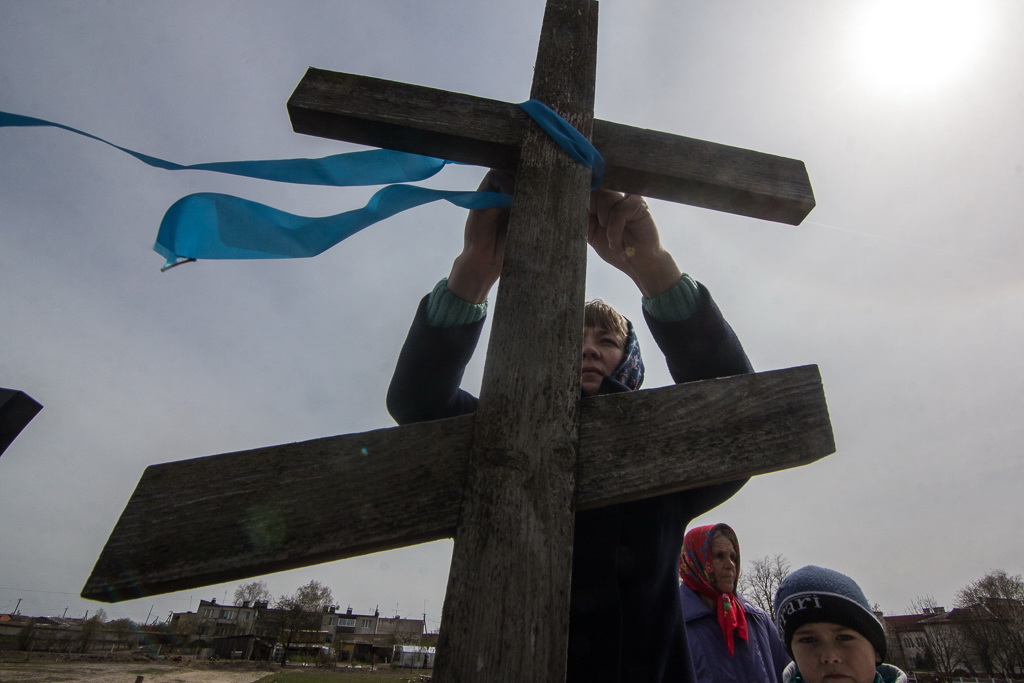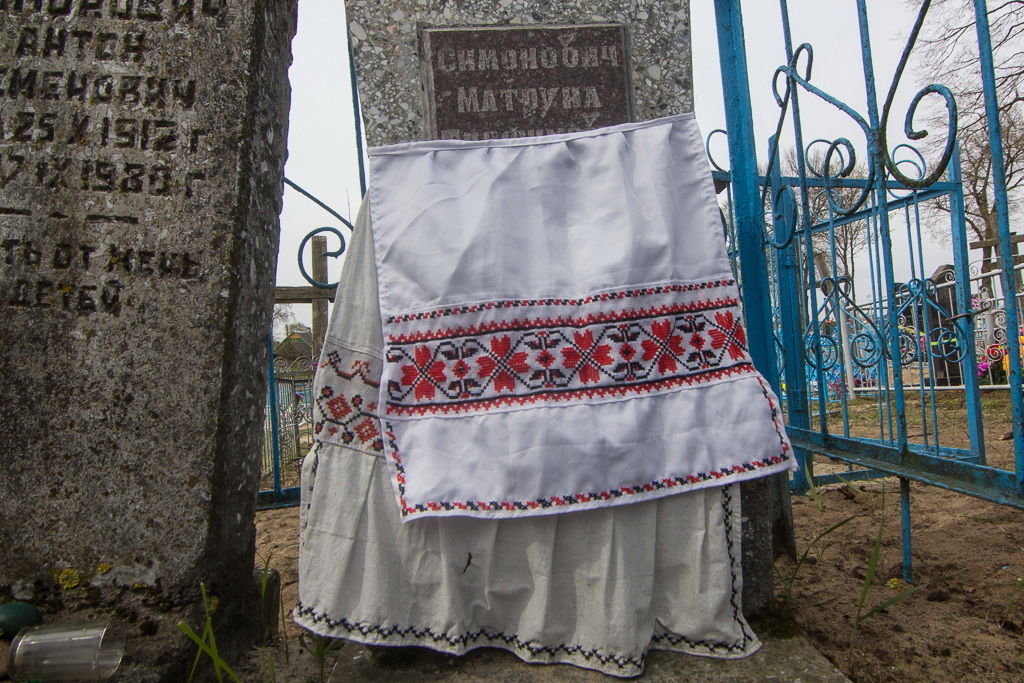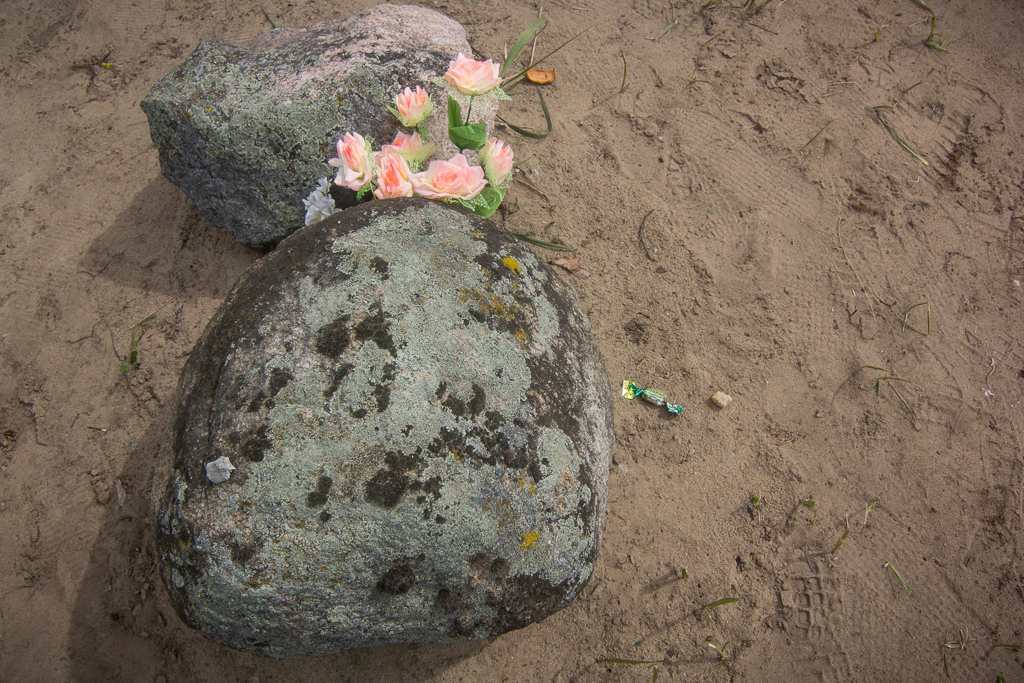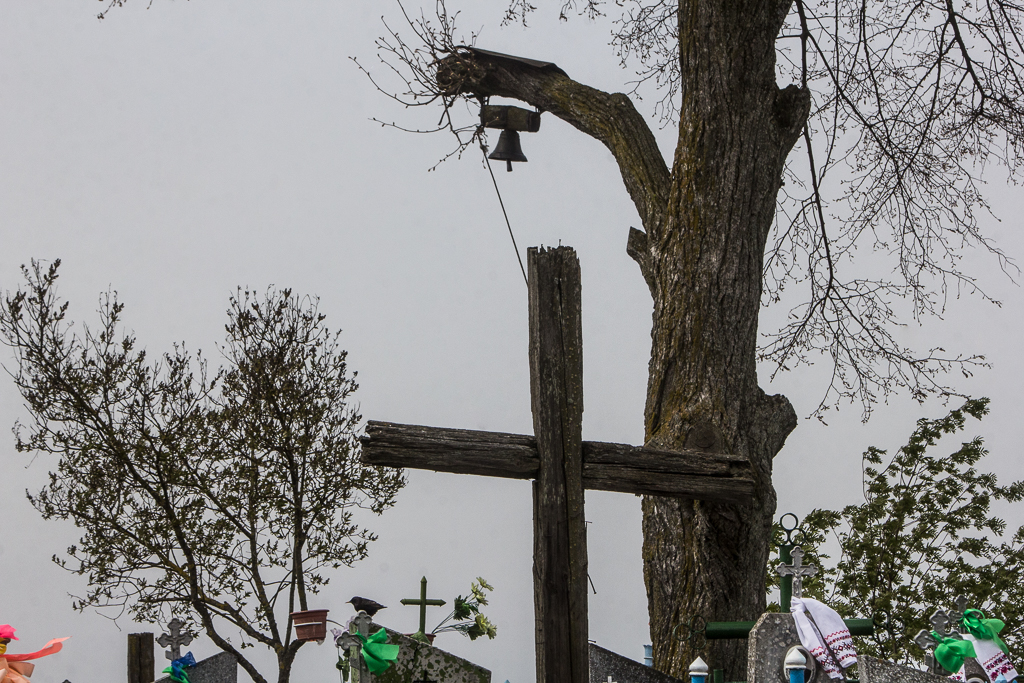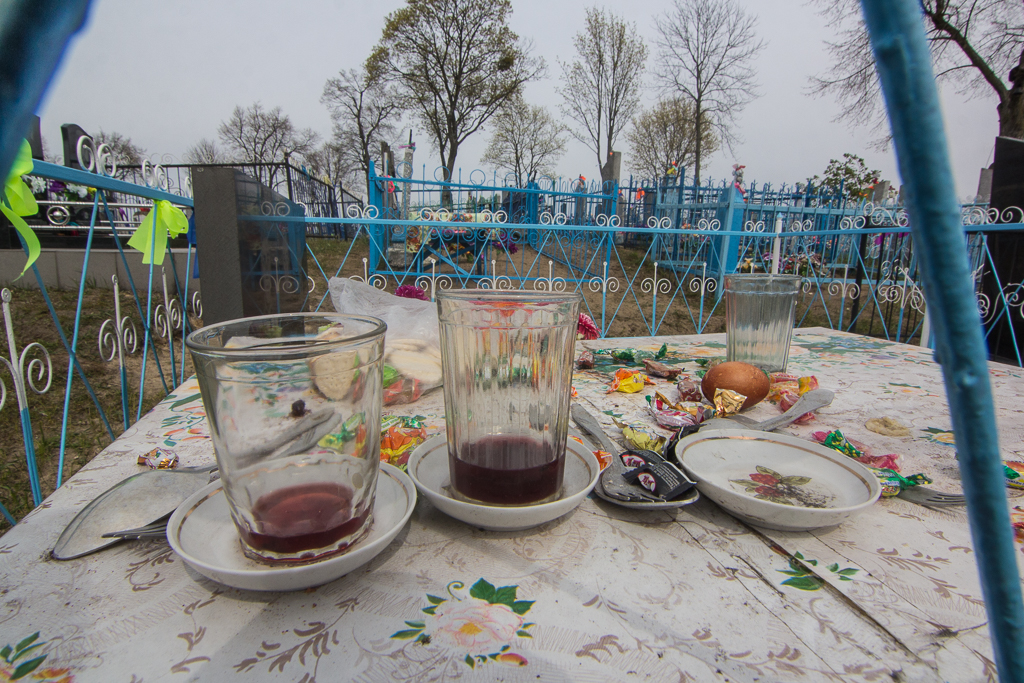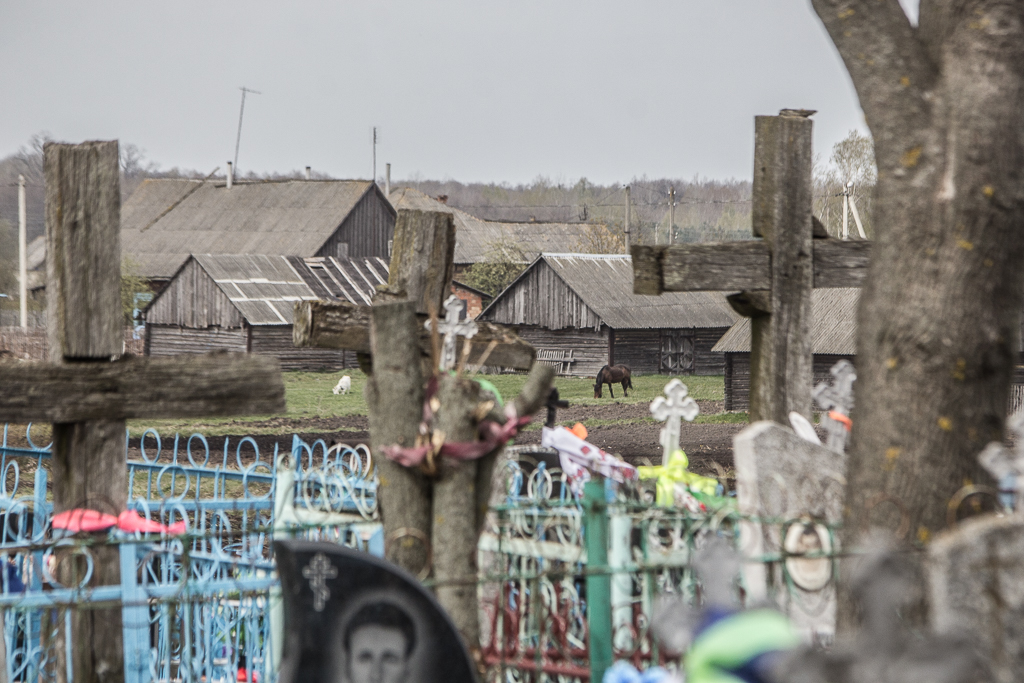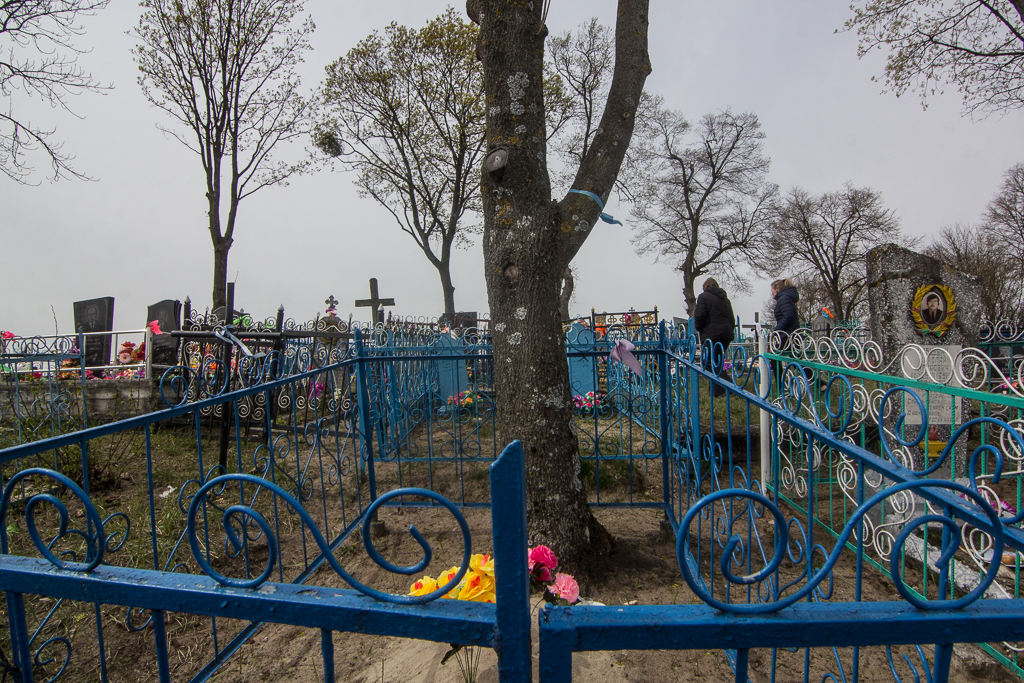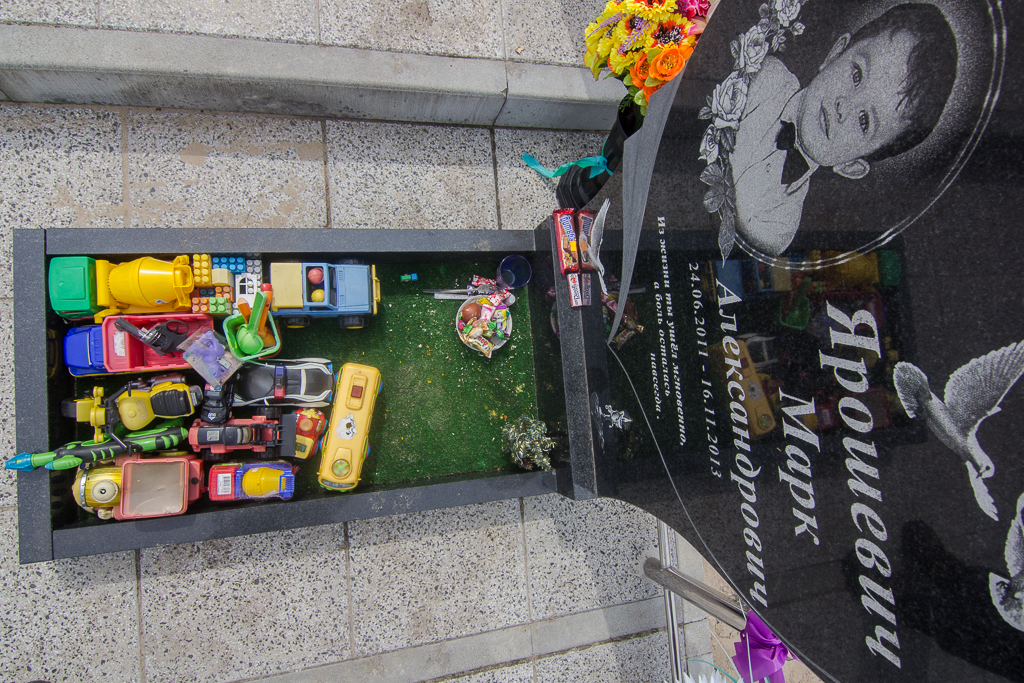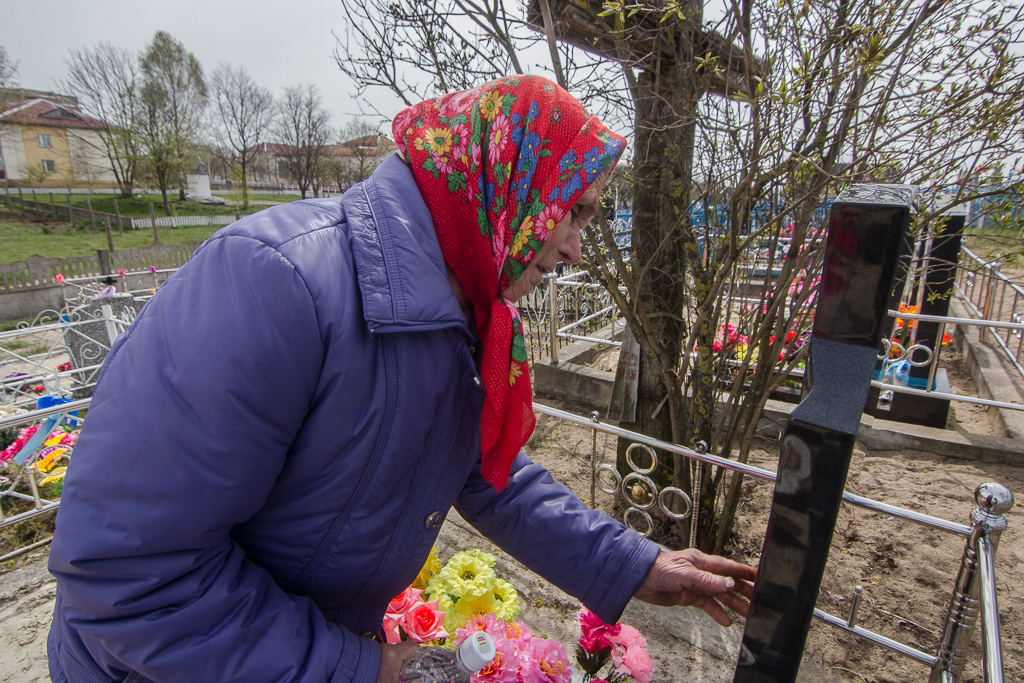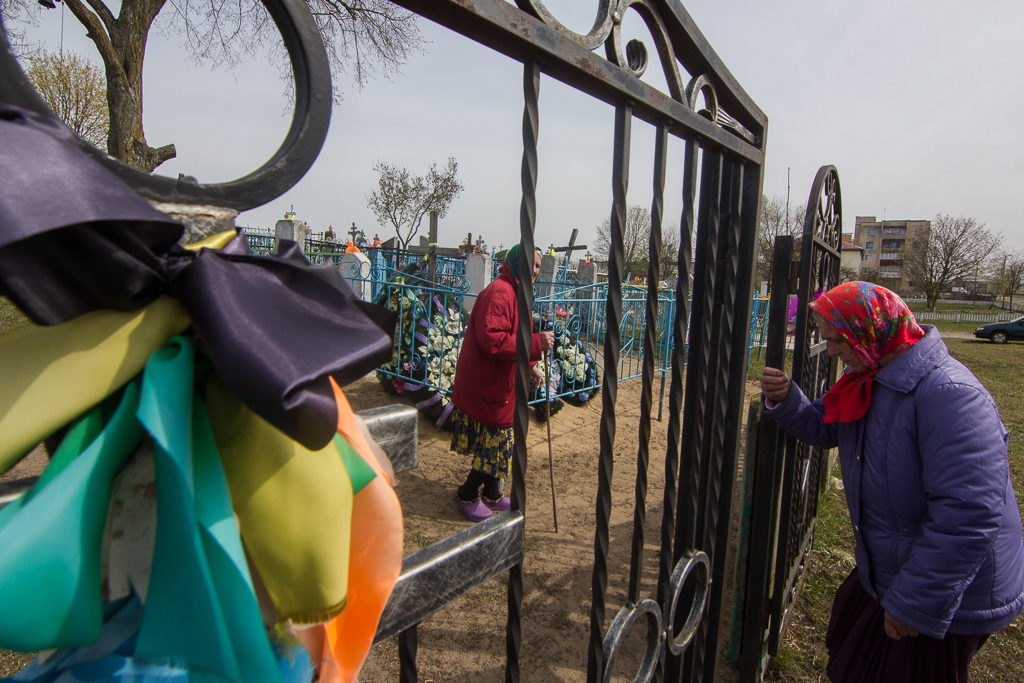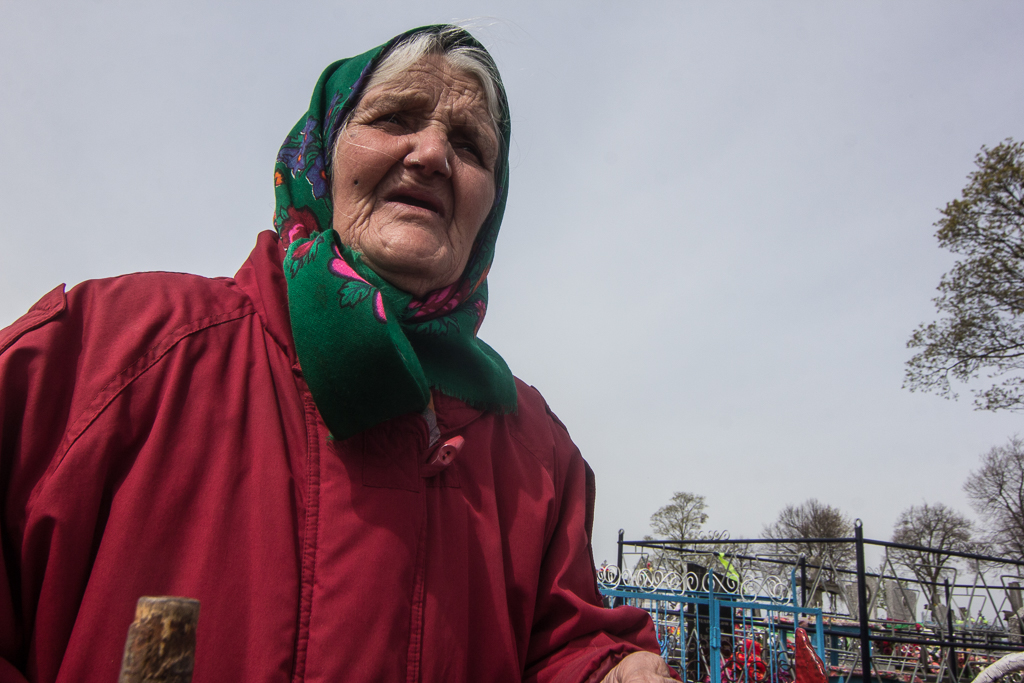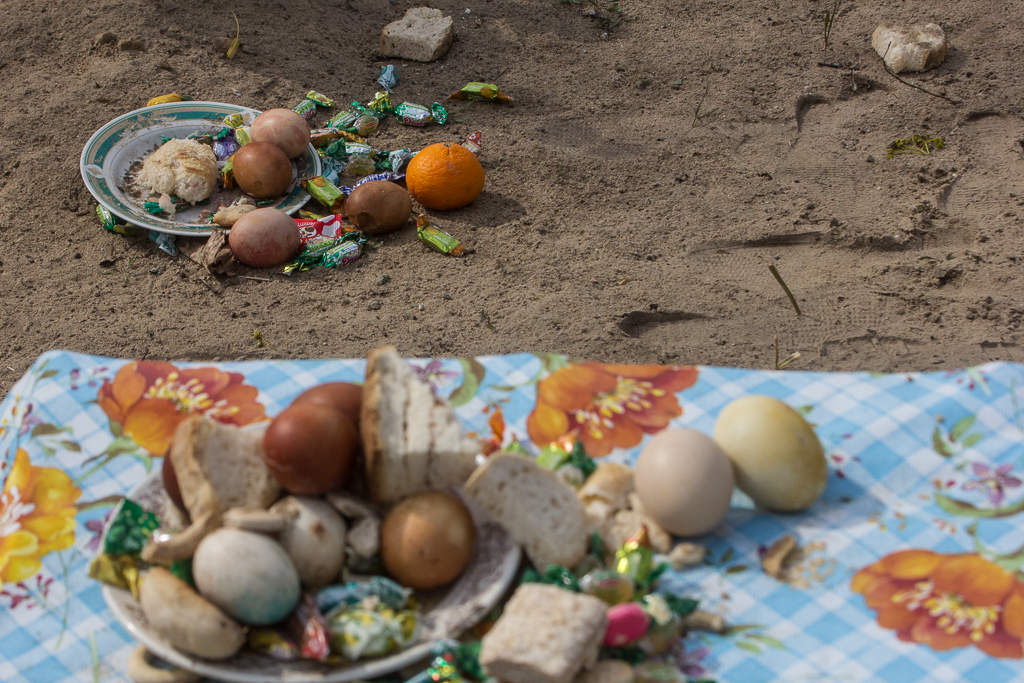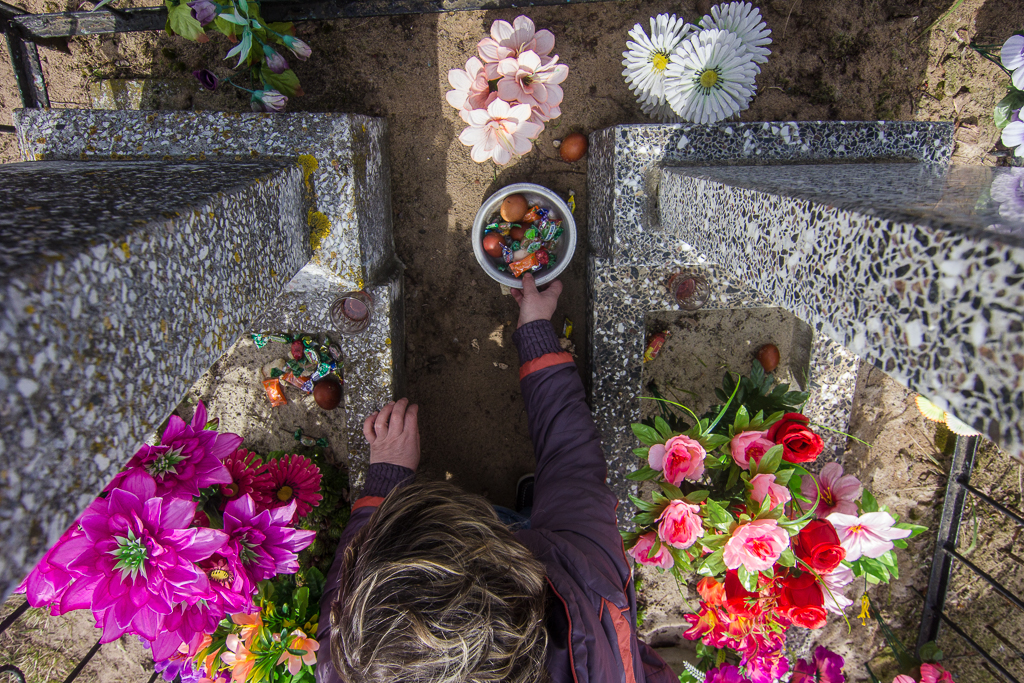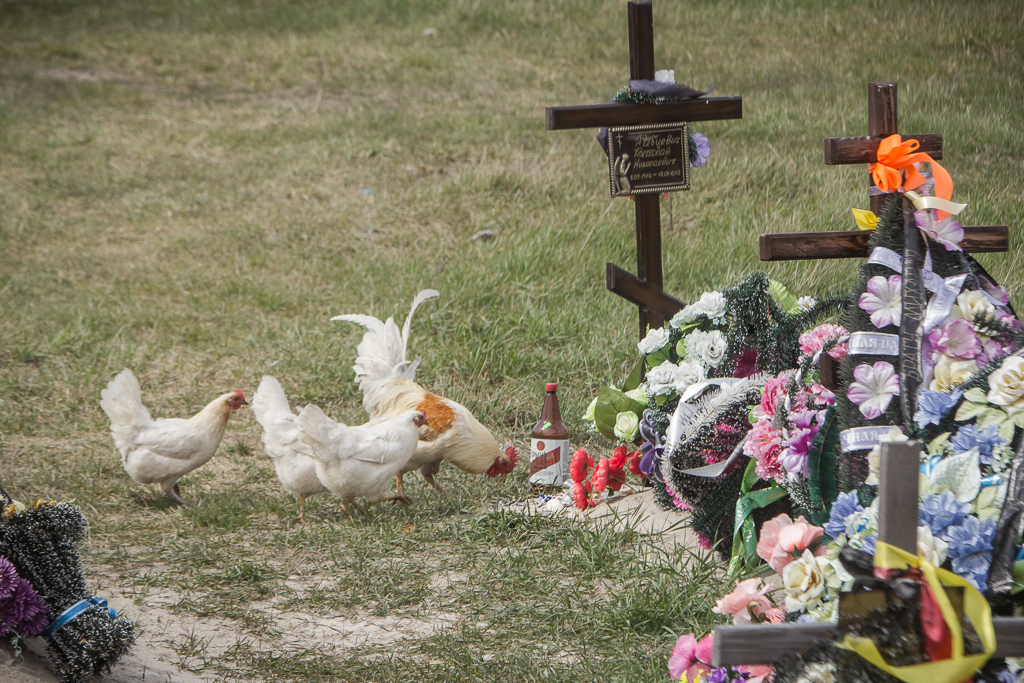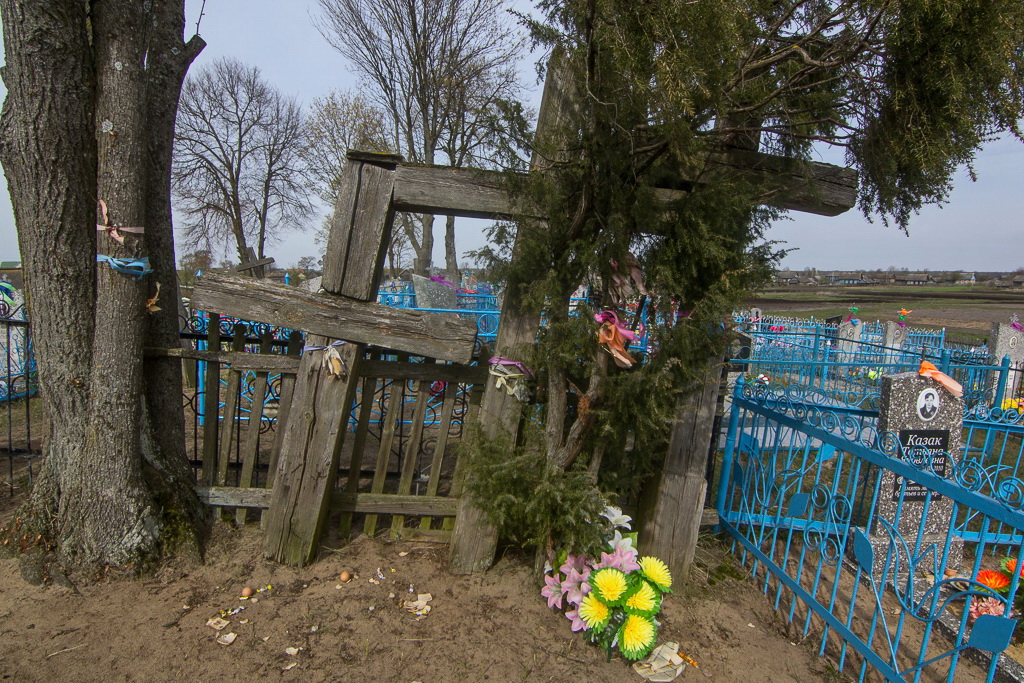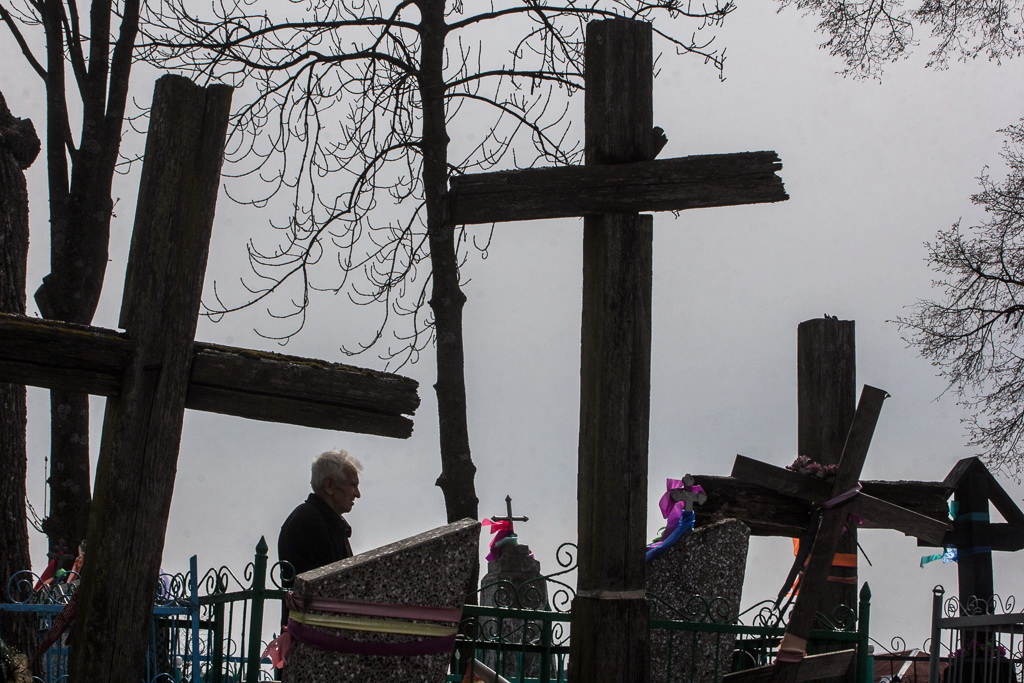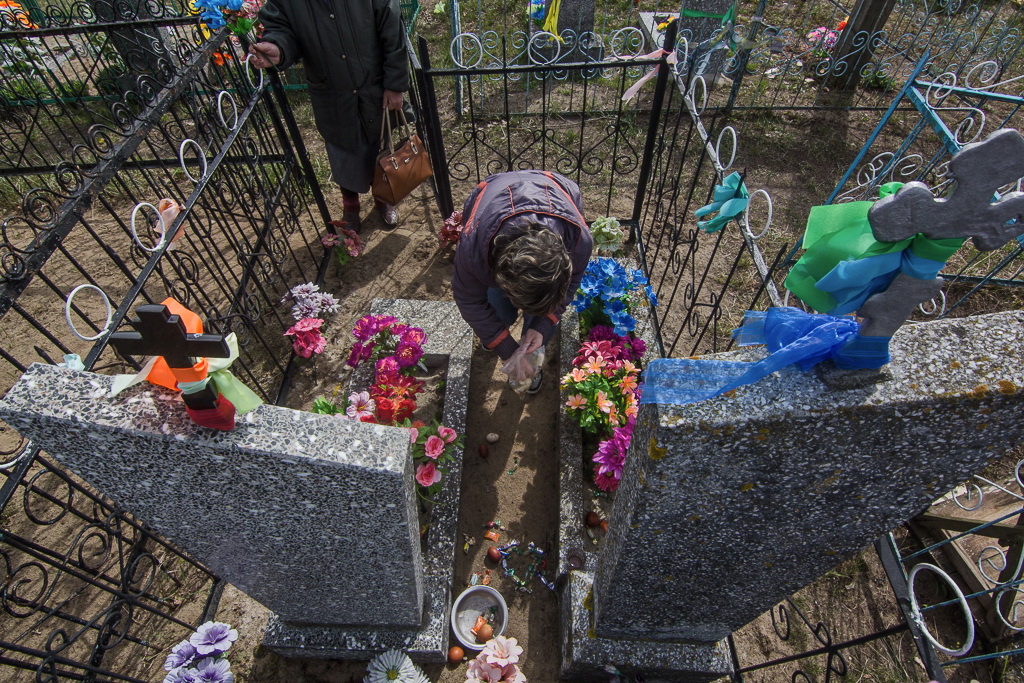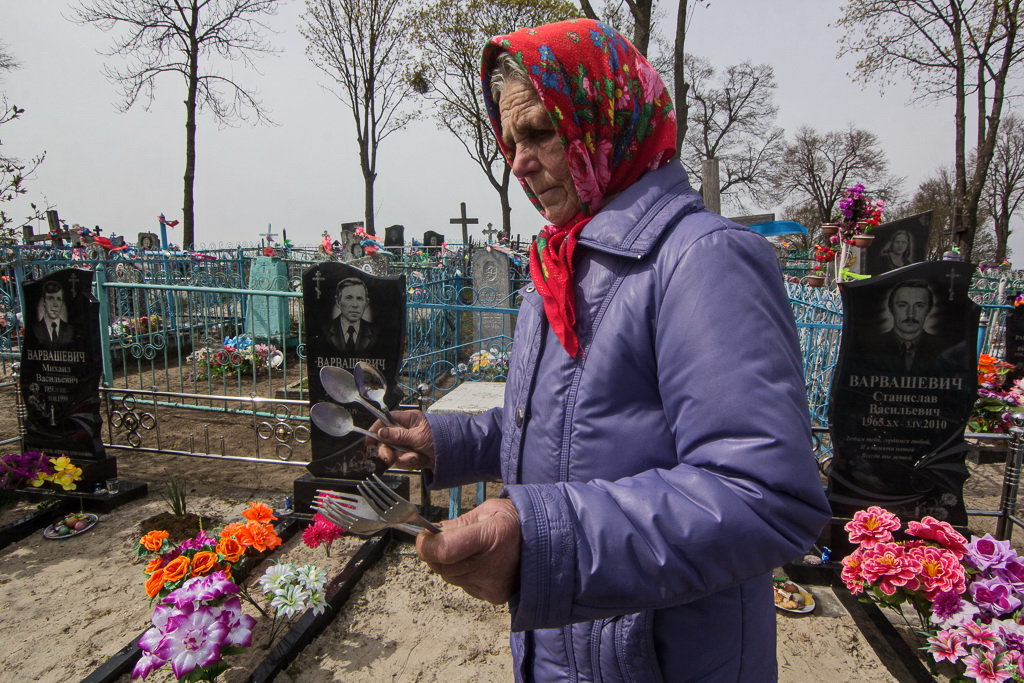

‘Sons-oaks’ and souls as birds: Touch of paganism on Day of Rejoicing in Belarusian village (photos)
A belsat.eu journalist has visited a village in Belarus’ Palesse seen an unusual way of marking Radaunitsa (Day of Rejoicing).
Radaunitsa has its roots in pagan customs and traditions. On the second Tuesday after Easter Orthodox Christians visit cemeteries, pray for the souls of their deceased and share the joy of resurrection of Christ with them. Nowadays Radaunitsa is an official day off in Belarus. On its eve people usually put graves in order.
Some etymologists state that the term ‘Radaunitsa’ derived from the word ‘rod’ (family, clan). Orthodox Christians associate the name of the feast with the belief that after Easter people bring the joy (‘radost’) of the Resurrection of Jesus Christ to their dead and gone relatives.
The cemetery in the village of Razdzyalavichy seems to be as old as the hill on which it is located. There are many trees which the locals used to plant on the graves. If a deceased was a male, an oak was planted; a rowan-tree or birch could replace a stone on the grave of a woman.
However, ordinary gravestones have been also placed here. Some of them can be found in the cemetery. Local residents often leave ribbons, eggs, bread, sweets, water, or even some alcohol on them – the people believe that departed souls in the shape of birds come back to the native place on Radaunitsa.
If female relatives still fail to make peace with the death of their nearest and dearest, they may set up a keen for them even on the Day of Rejoicing. So, for example, Granny Nadzya who lost two young sons and husband starts lamenting: “Oh, my sons-oaks, why you are here…”
All photos:
Vyachaslau Radzimich/MS, belsat.eu
